“Mercurius: The Marriage of Heaven and Earth” by Patrick Harpur (older 1990 edition)
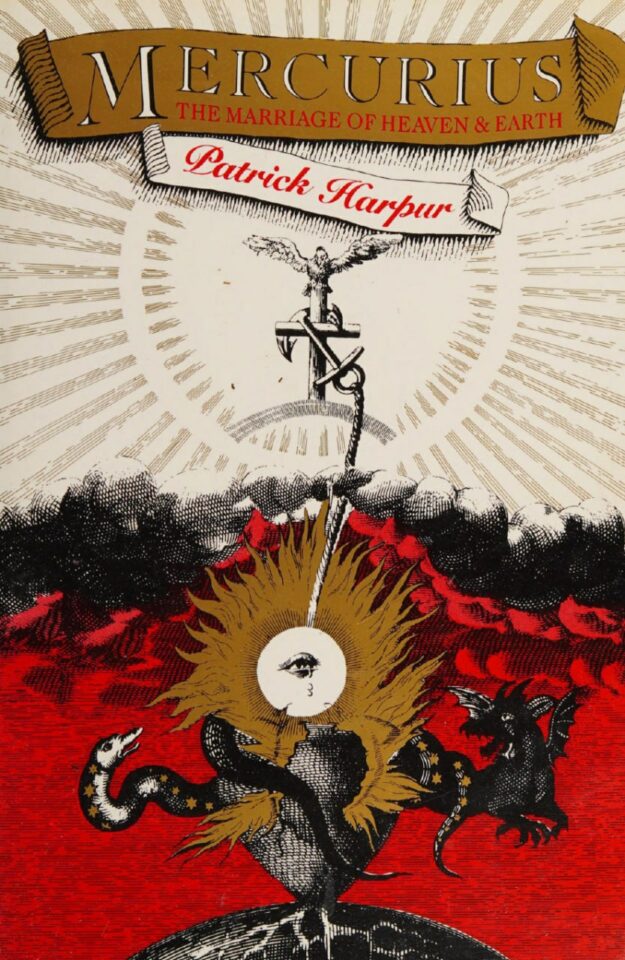
"Know this: I, Mercurius, have set down a full, true and infallible account of the Great Work. But I give you fair warning that unless you seek the true philosophical gold and not the gold of the vulgar; unless your heart is fixed with unbending intent on the true Stone of the Philosophers, unless you are steadfast in your quest, abiding by God's laws in all faith and humility and eschewing all vanity, conceit, falsehood, intemperance, pride, lust and faintheartedness, read no further lest I prove fatal to you.
In 1952 a country clergyman called Smith begins his tortuous quest for the Holy Grail of alchemy — the Philosophers' Stone which transmutes base metal to gold and confers immortality. As he pits himself against the bizarre perils of the Great Work, it becomes clear that his arcane transformations are as much spiritual as chemical. Gradually the shadow of alchemy falls over those around him; a young girl whose sudden pregnancy is a local scandal; Janet, trapped in a barren marriage; and Robert who pursues his own quest for the legendary blue glass of Chartres. Thirty years later, Eileen comes to live in Smith's vicarage. In the medieval cellar she unearths a hidden manuscript and begins to read of secret fire and mysterious prime matter, a green lion and a raven's head, a fatal conjunction of king and queen, a descent into Blackness and putrefaction. As she penetrates farther into the alchemical labyrinth, she is haunted both by her own history and by that of her neighbours, the menacing Mrs Zetterberg and the disfigured Pluto — and, finally, by the enigma of Smith himself. In separate but interwoven accounts, Smith and Eileen strive towards the one thing necessary for the Work's success — the great Secret guarded by the paradoxical Mercurius, who leads them to the zero point where Heaven is wedded to Earth and the miraculous Stone appears at the intersection of time and eternity. By reconstructing a highly sophisticated but almost forgotten world-view, Mercurius restores to us our own spiritual heritage which, rooted in the alchemists' dark retorts, will perhaps flower in the light of the future."
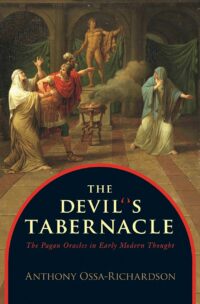
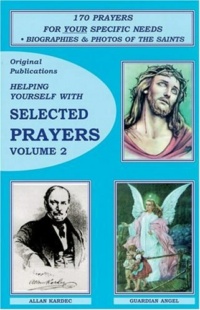
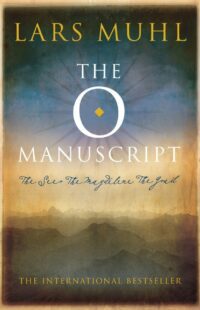
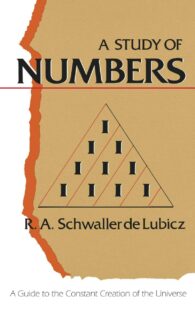
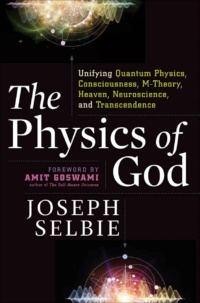
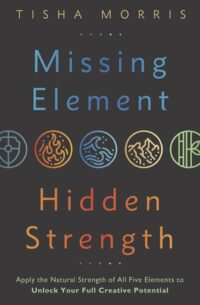
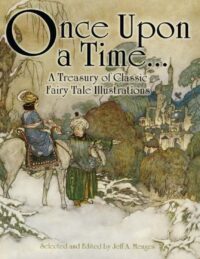
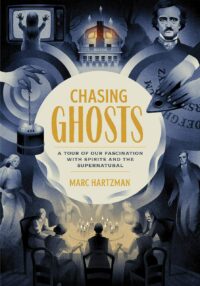

Comments and discussion can be found in the channel